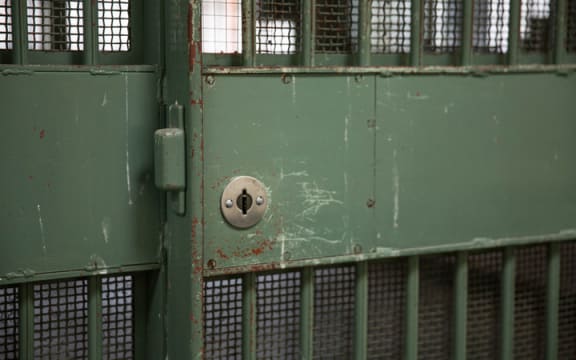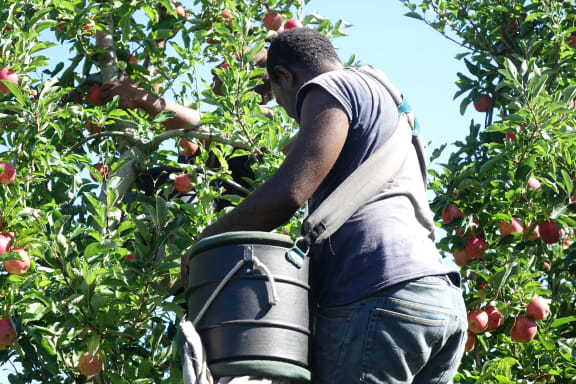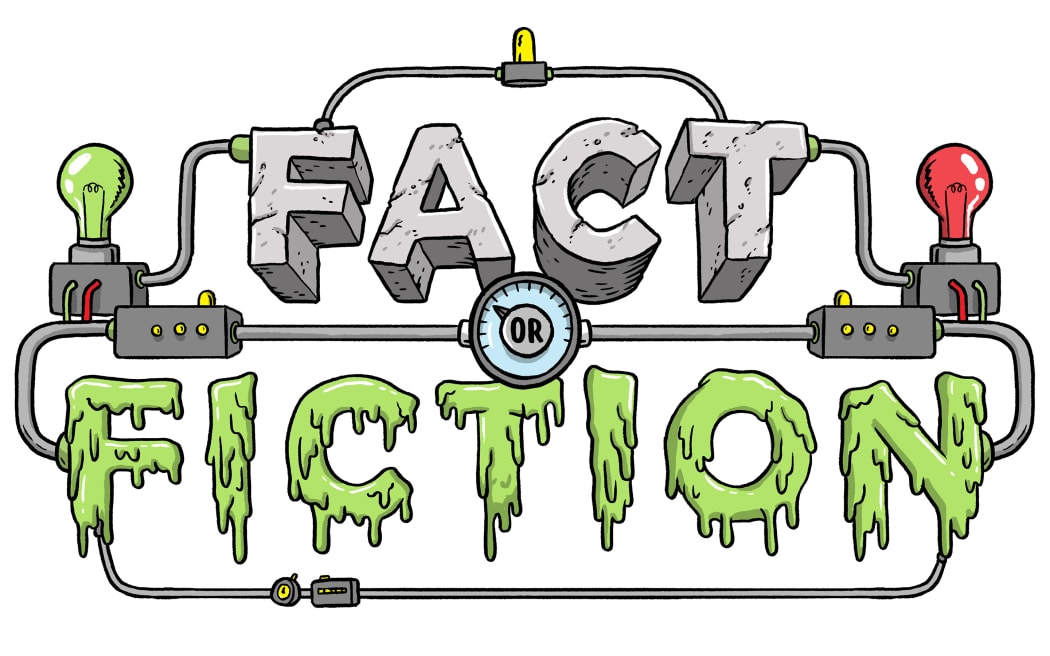Labour and National might take the lion's share of the vote, but it will be the minor parties determining who governs - so we're bringing our scrutiny to bear on claims made during the recent minor parties debate on TV3's The Nation.
“The ACT Party has put three strikes into law, and it’s taken the worst offenders off the street, and that’s what New Zealanders wanted, and we’ve delivered.”
- ACT Party leader David Seymour
This claim is true to the extent that the three strikes law has been applied a number of times. But here are the details:

Photo: RNZ / Cole Eastham-Farrelly
The three strikes rule, or the Sentencing and Parole Reform Act 2010, implemented a three-stage process of increasing consequences for repeat serious offenders.
There are 40 qualifying offences which cover all of the major violent and sexual offences, with a maximum penalty of at least seven years imprisonment. These include murder, attempted murder, manslaughter, aggravated burglary, aggravated robbery, a large range of sexual offences, and other violent offences.
The first time a qualifying offence is committed, a first warning is issued. This results in conviction for that offence and this stays on the offender’s record unless it is overturned. A second qualifying offence results in a final warning, which means that if the offender is sentenced to imprisonment they must serve their full sentence with no possibility for parole. If convicted of a third qualifying offence, the maximum penalty for the offence must be imposed, unless a judge considers that to be 'manifestly unjust'.
According to Ministry of Justice data, since the introduction of the three strikes rule in 2010 up until June 2017, 8503 people have received first warnings, 216 people have received final warnings (ie a second strike) requiring them to serve their full sentence, and two people have been convicted of a third qualifying offence (ie received a third strike).
Verdict: Mostly fiction
"When Māori are incarcerated - 27 times more likely for the same crime than non-Māori - then we are putting and locking away our people in a racist system, and you say, ‘Bang. Sorry about it.’"
- Māori Party co-leader Marama Fox
The prison population for Māori is about six times higher than what would be expected, based on the proportion of Māori in New Zealand’s overall population.
The rates are also higher than should be expected for young Māori. Among 10- to 16-year-olds, the rate of young Māori charged in court is about three times higher than the general rate, and they accounted for 64 percent (nearly two thirds) of all young people charged in court.
However, RNZ has been unable to find any evidence that unequivocally proves or disproves the claim that Māori are 27 times more likely to be imprisoned on a crime-by-crime basis.
Here is a report on the over-representation of Māori in the criminal justice system.
Verdict: Inconclusive, but Māori incarceration rates are unequivocally higher
Lisa Owen (debate moderator) “You actually want immigrants to come to the regions, don’t you, for 10 years? For 10 years, you’d like them to be directed - "
Hone Harawira: "Oh no. Sorry, that’s not our policy. You haven’t actually read our policy... Our policy’s not based on that. Our policy is based on the fact that, first of all, we are a Pacific nation."

A temporary Pacific migrant picks apples in a Hawke's Bay orchard Photo: RNZ/Johnny Blades
- Mana Party leader Hone Harawira
So, what is Mana's immigration policy? Does it include sending immigrants to the regions or is that not true, as Mr Harawira claims?
Firstly, Mana’s website states: “All immigrants shall be required to accept that they may be required to live in a particular part of Aotearoa for the first 10 years.”
While it is not clear that Mana would direct immigrants to the regions, the policy certainly allows for this to happen.
Secondly, Mana does specifically mention Pasifika immigrants multiple times in their immigration policy on the website. It says that Pasifika families affected by climate change will be the first priority in terms of refugees. It also says that immigration shall be reviewed annually based on a number of factors, including 'Pacific requirements'.
Verdict: Mr Harawira's claim that the policy does not include directing immigrants to various parts of the country - fiction (it does); Mr Harawira's claim the policy is based on Pacific immigration - partly fact
Fact or Fiction is a joint initiative between RNZ and the University of Auckland's Public Policy Institute


